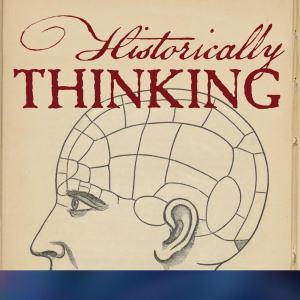Historically Thinking

Episode 246: The Rule of Laws
For thousands of years, laws have not only been used to impose order by the powerful on the powerless. In the very process of their codification they often became instruments of control by the powerless, the expression of their hope for a better world. The "common people", not only the rulers, used laws to define their communities, regulate trade, and build their civilization. What truly unites humanity, argues Fernanda Pirie, is an amazingly common belief that laws can produce justice, combat oppression, and create order from chaos. Law is very closely connected to the holy and the numinous. That should not be surprising. The Hammurabi stele (shown on the right) shows the eponymous King of Babylon receiving the legal code we name after him from Shamash, the god of the sun. Fernanda Pirie, Professor of the Anthropology of Law at the University of Oxford. A specialist in Tibetan anthropology, she is author most recently of The Rule of Laws: A 4,000 Quest to Order the World, which is the subject of our conversation today. For Further Investigation Fernanda Pirie, The Anthropology of Law. Oxford Scholarship Online, 2014. ____"What Ancient Laws Can Teach Us About Holding Autocrats to Account Today", Time, December 23, 2021 More legal history: the intermingling of law and love, as seen in Episode 208 Even more legal history: The importance of bourbon to American corporate and consumer law






 Visit Podcast Website
Visit Podcast Website RSS Podcast Feed
RSS Podcast Feed Subscribe
Subscribe
 Add to MyCast
Add to MyCast